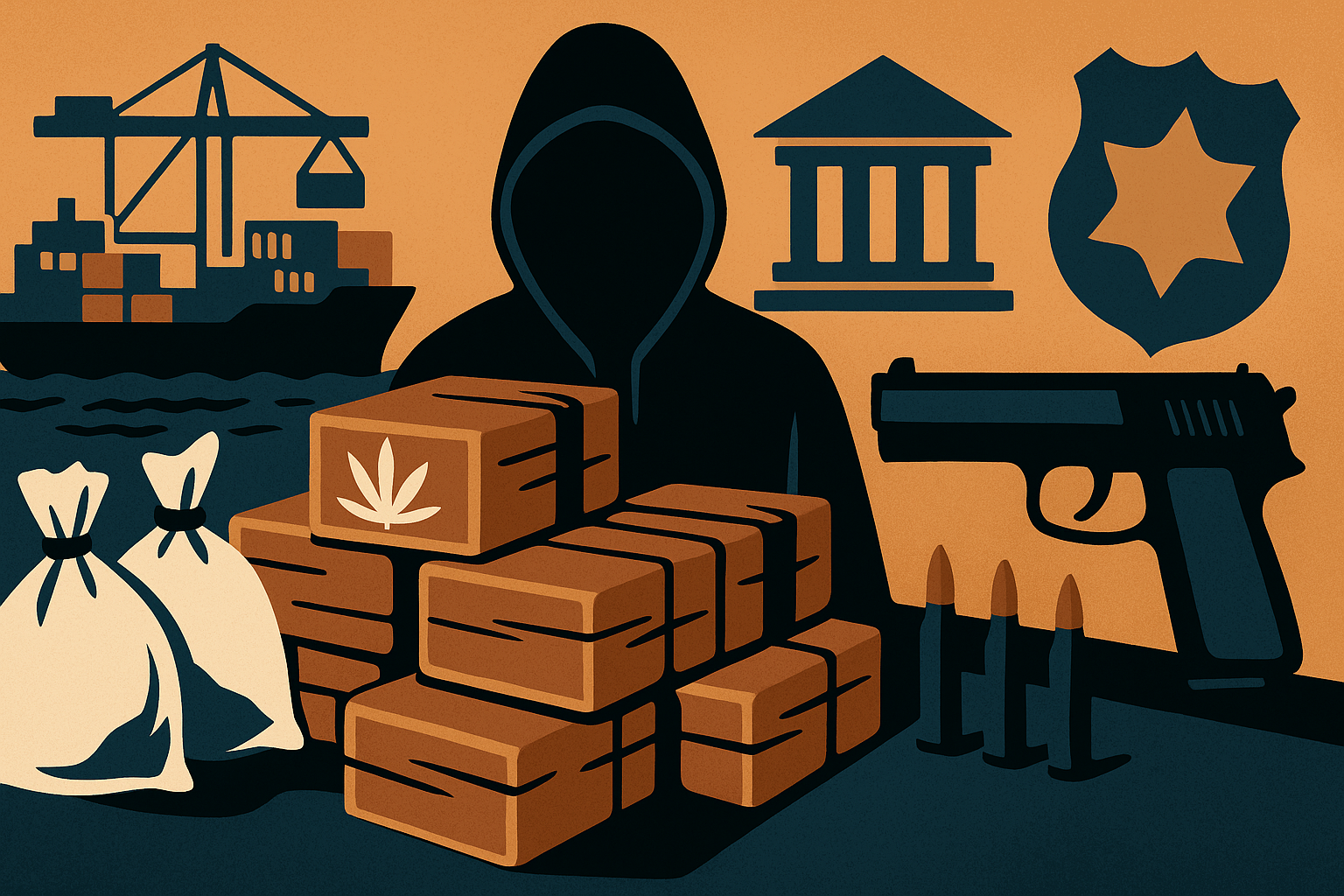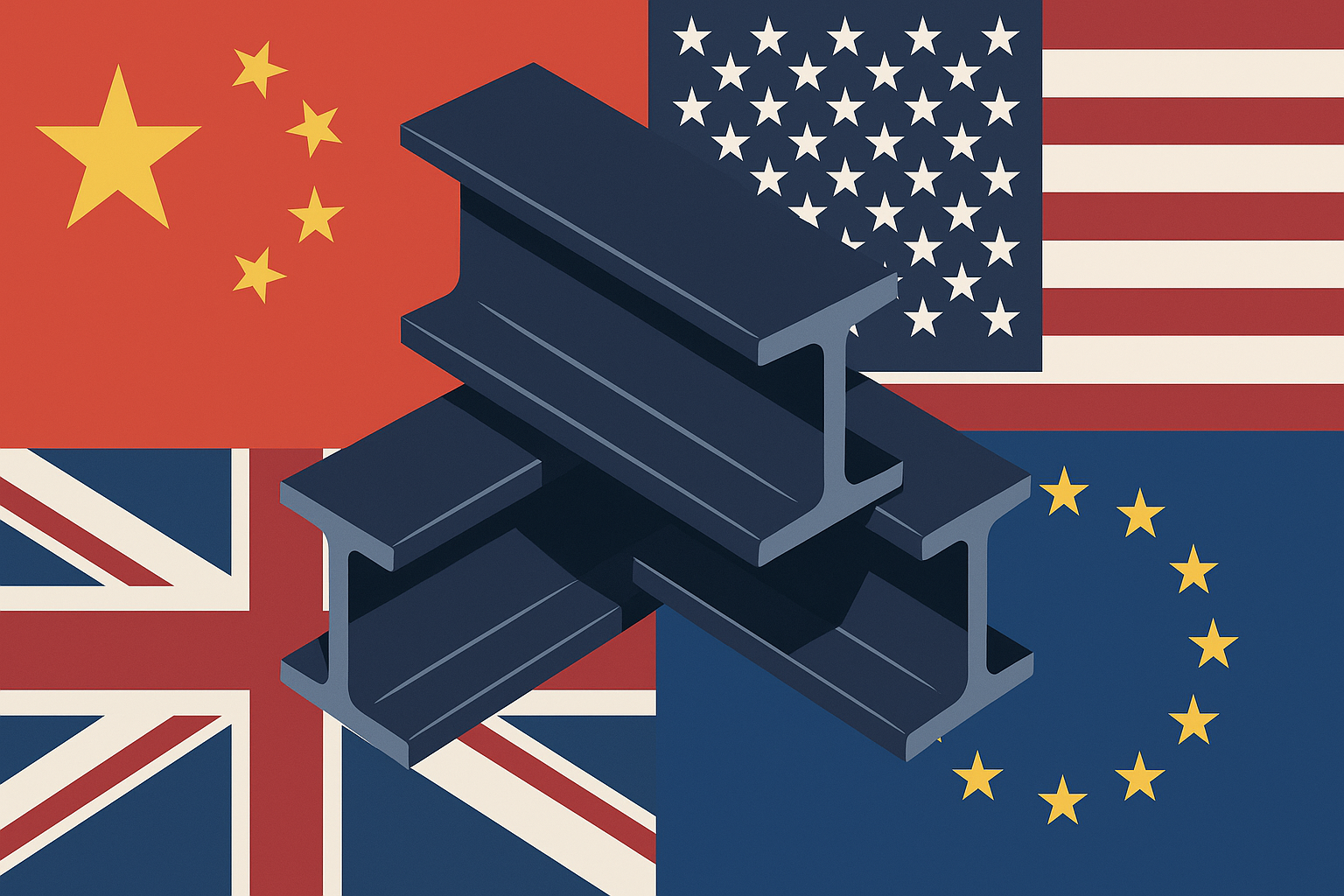Belgium is facing a growing risk of becoming a “narco-state”, as organised crime syndicates infiltrate the country’s ports, police, and even the judiciary, according to a senior investigating judge in Antwerp who has been forced into hiding due to threats on their life.
In an open letter published on Monday by the Antwerp court, the judge — who remained anonymous for safety reasons — issued a stark warning that Belgium’s democratic institutions are under systematic attack by powerful drug cartels operating across Europe.
“What’s happening today is no longer classic criminality,” the judge wrote. “We’re facing an organised threat that undermines our institutions. Extensive mafia structures have taken hold, becoming a parallel force that challenges not only the police but also the judiciary.”
Organised Crime at the Heart of Europe’s Second-Largest Port
Antwerp, home to Europe’s second-busiest port, has become a central hub for cocaine trafficking from Latin America. Investigations based on encrypted messages exchanged among smugglers have revealed a “parallel economy” operating within the port — one sustained by bribery, money laundering, and insider corruption.
The judge described how criminal networks have managed to recruit port employees, customs officers, police personnel, and even judicial staff, offering massive bribes for logistical assistance.
“Bribery is permeating our institutions from the ground up,” the judge wrote, noting that moving a single container could earn insiders up to €100,000, while simply moving a bag might pay €50,000 or more.
The revelations paint a grim picture of the depth of criminal infiltration, with the port of Antwerp serving as both an economic engine and a major vulnerability in Europe’s fight against organised crime.
Violence and Fear: The Human Cost of the Drug Trade
The letter also described how violence has become part of the criminal business model, including murder, torture, kidnapping, and intimidation. In some cases, innocent civilians have been targeted in gang-related attacks designed to maintain power and eliminate rivals.
A particularly shocking incident cited was the 2023 killing of an 11-year-old girl, the niece of two known drug traffickers, who was shot dead amid a gang feud.
“A narco-state is characterised by an illegal economy, corruption, and violence,” the judge warned. “All three are already present in Belgium. The question is not if, but how far this evolution will go.”
Judiciary Under Siege
The judge, one of 17 magistrates in Antwerp authorized to approve wiretaps and other investigative measures, said that magistrates and investigators are increasingly unsafe as criminal groups extend their reach.
“Despite all the efforts of the police and the judiciary, we are no longer able to protect our citizens and ourselves,” the judge wrote. “If the judiciary begins to malfunction, it is a dangerous attack on our democracy.”
The letter called for urgent government action, including:
- Allowing judges to work anonymously to protect their identities.
- Providing insurance and security guarantees for magistrates and their families.
- Blocking mobile phone use in prisons, which criminals often use to orchestrate operations and issue threats.
Government Response and Growing Alarm
Belgian Justice Minister Annelies Verlinden responded swiftly, acknowledging the seriousness of the threats.
“The signals we are receiving regarding threats against magistrates and prison staff are serious and worrying,” she said. “These people are on the front lines of our rule of law every day. The fact that they are being targeted by criminal networks, even from inside prisons, is unacceptable.”
Verlinden said the government is developing a comprehensive security strategy for the judiciary and has requested increased funding and personnel to strengthen institutional resilience against organised crime.
A Nation at a Crossroads
Belgium’s status as a key European logistics hub — with major ports in Antwerp and Zeebrugge — has long made it a target for international drug cartels. But the judge’s testimony underscores a deeper concern: that corruption and intimidation are now eroding the foundations of Belgium’s justice system itself.
As the anonymous magistrate concluded:
“We are witnessing the rise of a parallel power structure — one that threatens not just our safety, but the very integrity of our democracy.”








